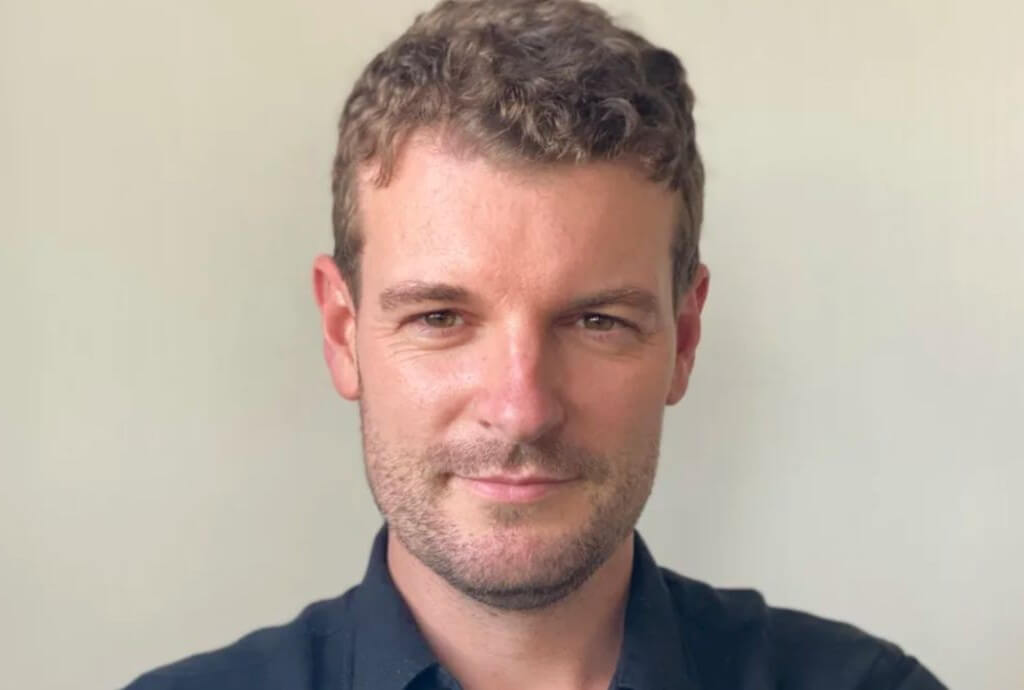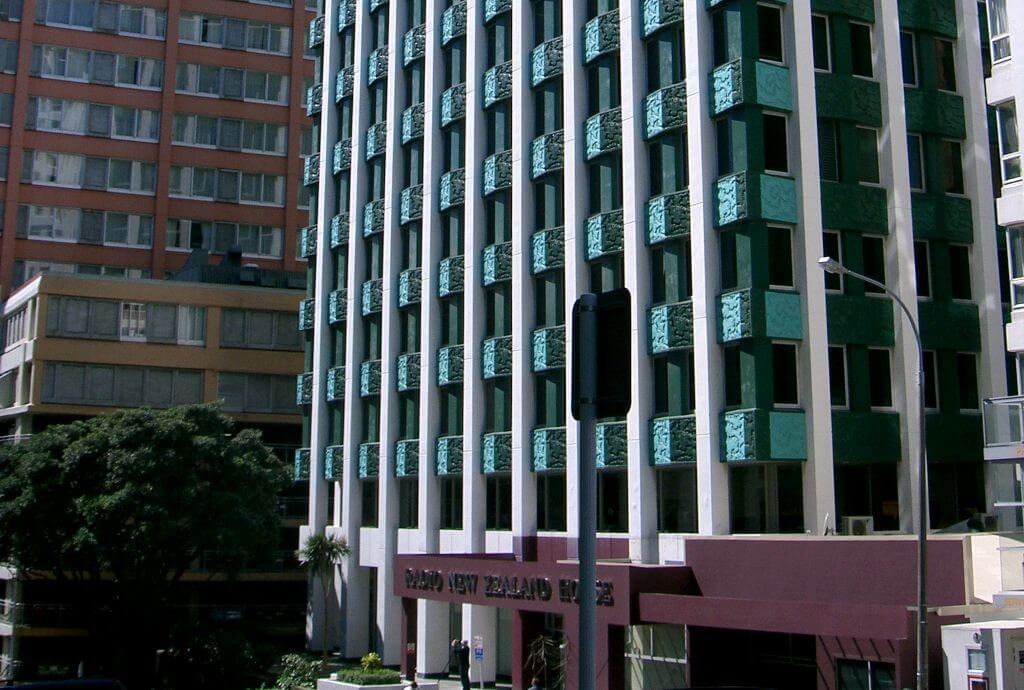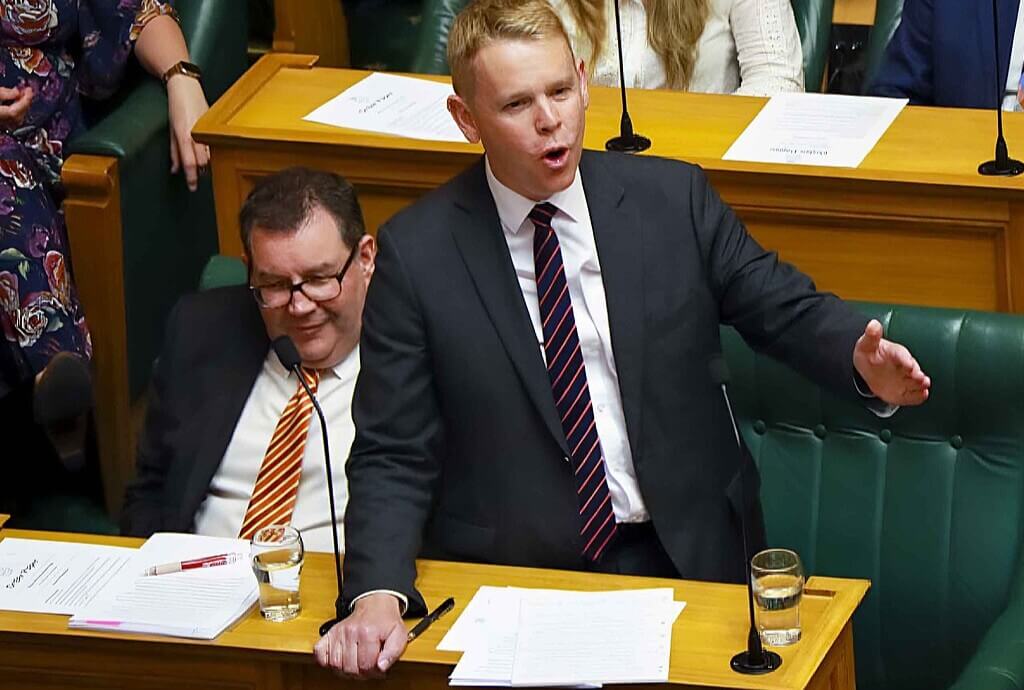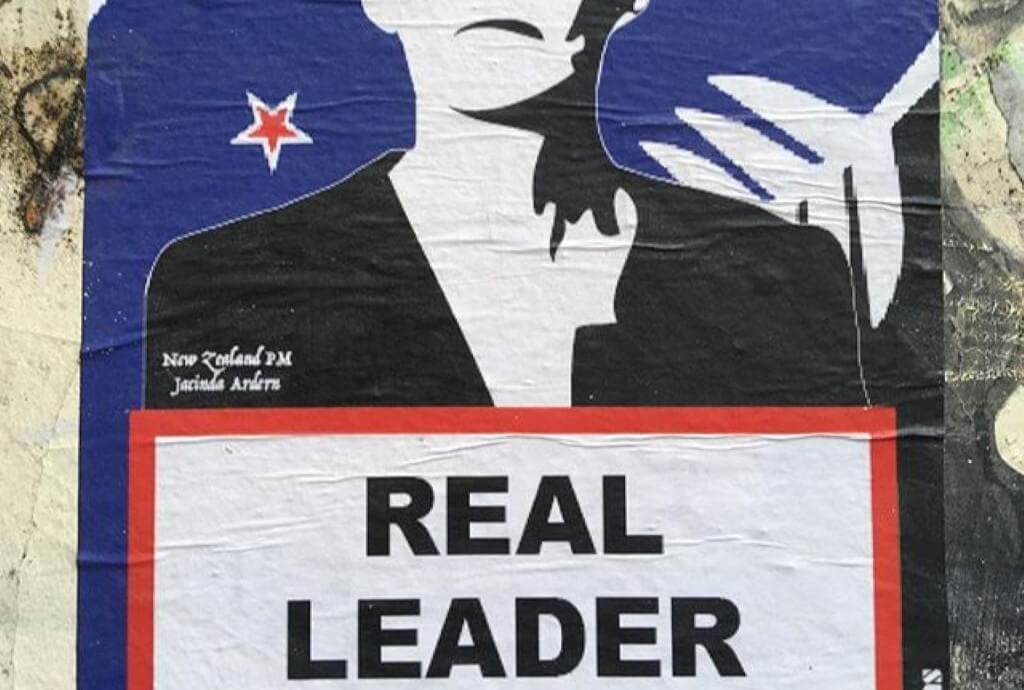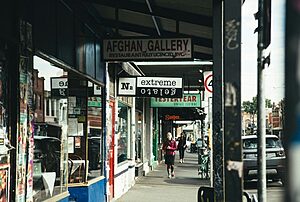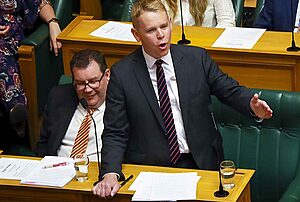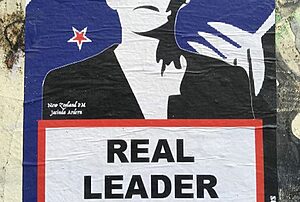Summarised by Centrist
Auckland Council has walked back its original proposal for equal Māori and Crown representation on a new advisory body overseeing the Waitākere Ranges.
Instead of a 5–5 co-governance model, the revised structure grants six seats to Crown and council entities, and five to iwi, effectively ending the push for equal voting rights.
The change follows public consultation. Of 2250 submissions, 39 percent opposed the co-governance proposal, with Ipsos analysis showing many feared “disproportionate influence” by tangata whenua. In response, council staff rebalanced the membership to favour public bodies, citing local feedback rather than political pressure.
The iwi Te Kawerau ā Maki, which initially backed equal representation, accepted the change. Its chief executive Edward Ashby (pictured) admitted the iwi felt “a little bruised” but said, “It’s a place the council came to that we could live with at the end of the day.”
Public unease had been fuelled in part by New Zealand First and ACT. Shane Jones warned his party would never accept “50 percent sovereignty over the Waitākere forest.” ACT’s David Seymour echoed concerns that such arrangements undermine public confidence and democratic accountability.
The revised forum is advisory and holds no power over land ownership or spending.
The final 6–5 composition, with the chair selected from the iwi side and deputy from the public side, is being framed as a compromise.
The new deed has now received final approval from Auckland Council’s governing body.
